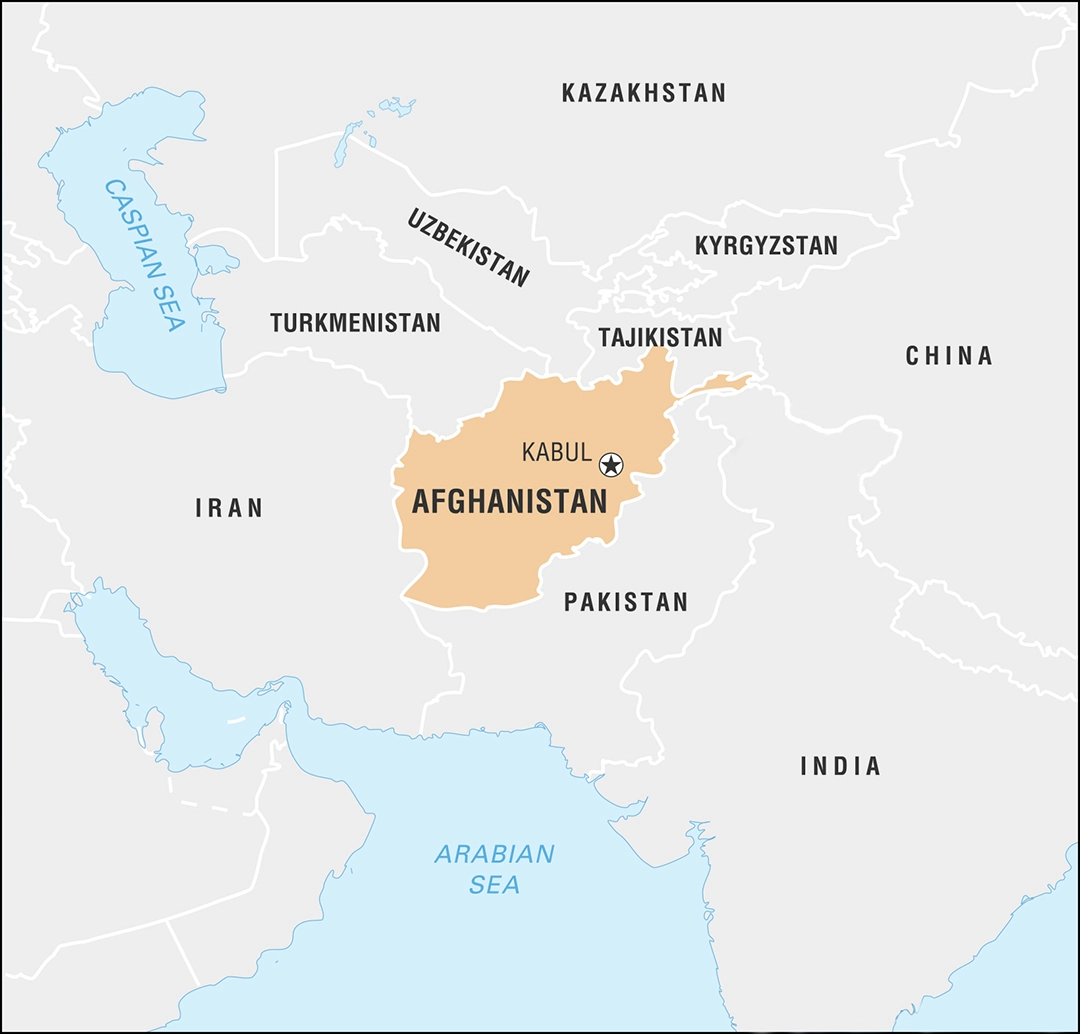International Relations
China’s Interests in Afghanistan
- 28 Aug 2021
- 4 min read
Why in News
Recently, following the withdrawal of US forces from Afghanistan, China has emerged as one of the first nations to develop diplomatic channels with the Taliban. This engagement emanates from China's economic and security interest in Afghanistan.
Key Points
- About China’s Economic Interest in Afghanistan:
- Reserves of Lithium: Afghanistan is probably home to what may be the world’s largest reserves of lithium.
- Lithium is the key ingredient of the large-capacity lithium-ion batteries that are widely used in electric vehicles and the renewable energy industry.
- China dominates Lithium-Ion Battery Production worldwide and it may seek long-term a contract with the Taliban to develop Afghanistan’s massive untapped lithium reserves in return for mining rights and ownership arrangements.
- Mineral Deposits: Afghanistan is sitting on mineral deposits estimated to be worth up to $3 trillion.
- Afghanistan is rich in several resources such as gold, oil, bauxite, rare earths, chromium, copper, natural gas, uranium, coal, iron ore, lead, zinc, gemstones, talc, sulphur, travertine, gypsum and marble.
- China’s Belt and Road Initiative: China’s strategic Belt-and-Road Initiative (BRI) could get more reach if it is able to extend the initiative from Pakistan to Afghanistan, with a Peshawar-to-Kabul motorway.
- This would create a much shorter land route for faster and convenient access to markets in the Middle East for Chinese goods.
- Reserves of Lithium: Afghanistan is probably home to what may be the world’s largest reserves of lithium.
- About China’s Security Interest in Afghanistan:
- According to the UN security council, the East Turkestan Islamic Movement (ETIM) had roots in Afghanistan as it received support from the Taliban and Al Qaeda in the 2000s.
- ETIM is an Uyghur Islamic extremist organisation founded in Western China with the aim to establish an independent state called East Turkestan in the place of Xinjiang.
- Thus, ETIM poses a direct threat to China’s national security and territorial integrity.
- China is worried that Afghanistan could become a potential haven for the Uyghur extremist group, which could retaliate against the widespread repression of Uyghurs.
- According to the UN security council, the East Turkestan Islamic Movement (ETIM) had roots in Afghanistan as it received support from the Taliban and Al Qaeda in the 2000s.
- Impact of China-Taliban Engagement on India:
- A new route of BRI through Kabul would render India’s reluctance to join BRI less consequential.
- WIth China-Taliban engagement, there can be formation of a new regional geopolitical axis between China-Pakistan-Taliban, which may go against the interests of India.
- China’s stronghold in Afghanistan will also hamper connectivity projects to Central Asia via Afghanistan. For example, Chabahar Port, International North South Transport Corridor (INSTC), TAPI Pipeline.
Way Forward
- India Engaging with the Taliban: Talking to Taliban would allow India to seek security guarantees from the insurgents in return for continued development assistance.
- India can also persuade the Taliban to explore the possibility of its autonomy from Pakistan.
- Fighting Global Terrorism: There is a need for the global community to fight against the global concern of terrorism.
- In this context, it high time to adopt the Comprehensive Convention on International Terrorism (proposed by India at UN in 1996).







